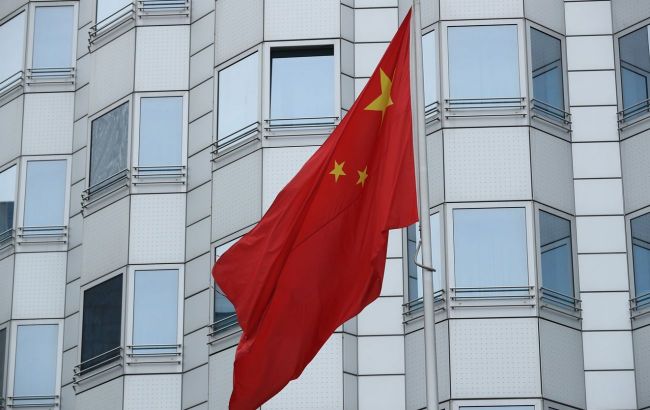China unlikely to give Ukraine security guarantees, media explain why
 Photo: China is unlikely to provide security guarantees to Ukraine (Getty Images)
Photo: China is unlikely to provide security guarantees to Ukraine (Getty Images)
China is unlikely to provide Ukraine with security guarantees despite Russia’s wishes, due to limited resources and reluctance to create a precedent, the South China Morning Post reports.
According to the outlet’s experts, Beijing will not play a major role in future discussions on security guarantees for Ukraine.
"Any new security guarantee agreement should consider how to make the provisions truly workable to avoid the ineffectiveness seen in the 1994 Budapest Memorandum," the outlet says.
An example of China's potential political involvement in peace negotiations, but without making any commitments, according to analysts, is the Budapest Memorandum, signed in 1994 by Ukraine, Belarus, and Kazakhstan, on renouncing their inherited nuclear weapons in exchange for security guarantees.
China did not sign the Budapest Memorandum, but endorsed it in a government statement published that same year.
However, the main text of the statement, which did not explicitly mention the memorandum, only stated that "China unconditionally will not use or threaten to use nuclear weapons against non-nuclear-weapon states or in nuclear-weapon-free zones".
Background
Earlier, Russian Foreign Minister Sergey Lavrov said Moscow agrees to security guarantees for Ukraine, but only with China’s participation.
Ukrainian President Volodymyr Zelenskyy later stressed that Kyiv does not view China as a potential guarantor of security after the war, since such guarantees can only come from countries that provide real support.
At the same time, German Foreign Minister Johann Wadephul underlined that Beijing remains the main supplier to Russia of so-called dual-use goods, which can serve both civilian and military purposes, and is also the largest buyer of Russian oil and gas.

